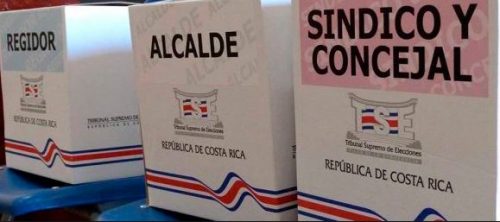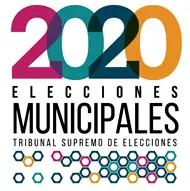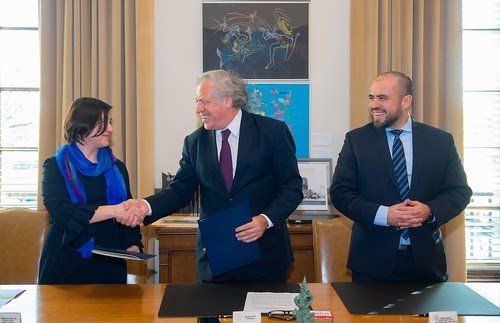
On February 2nd, the Tico country continues to reaffirm its commitment to respect democracy and the free right to the popular vote, through municipal elections, in which 82 mayors, 508 aldermen, 486 public syndicates, 1912 municipal councilors, 32 district councilors, 8 intendants, (all these elected officials with their alternate deputies), will be elected.
It is worth mentioning that in total there will be more than six thousand people who will be elected in this new democratic opportunity, offered by the electoral system. Those elected will be responsible for administering local interests and services in each canton, as provided by the Political Constitution of Costa Rica.
Municipal elections 2020: Democracy in full action

Regarding these upcoming municipal elections, Héctor Fernández Masis, member of the Electoral Registry Directorate and Political Parties Financing of the Supreme Electoral Tribunal commented: “There are many political offers that the country has in these elections, from which citizens can choose, the majority at the cantonal level with more than 50 parties.
One of the main obstacles of this election is abstention, although, in the last elections it had diminished, Fernández reiterated: “The only way to motivate people to carry out their right to vote is to sensitize, educate and make them aware of the importance these elections have for every member of our society”.
The Supreme Electoral Tribunal (TSE) has already sent a total of 5575 “tulas” (electoral kits) to the entire Costa Rican territory, which carries the ballots according to each voting table. In the case of remote places, means of transport by air and water were used to deliver the tulas.
“We have the collaboration of the Public Security Forces; they protect the delivery trucks and also keep them safeguarded in their delegations. Although the material is also kept in schools with due security”, said Héctor Fernández.
Costa Rica is positioned as the most complete democracy in Latin America
Recently, it was known through a study carried out in 2019 by London-based publication “The Economist“, that Costa Rica is positioned as the most complete democracy in Latin America and obtained a ranking score of 8.15 out of 10. This study takes into account five elements, which are: electoral process and pluralism, the functioning of government, political participation, democratic political culture, and civil liberties.
Regarding Costa Rica’s scores on these elements in the ranking, the Central American country obtained the following: electoral process and pluralism 9.58; operation of the government 7.5; political participation 6.67; political culture 7.5; and in civil liberties 9.41.
Long democratic trajectory

It is important to know that representatives of the Organization of American States (OAS) will observe the development of the February 2nd municipal elections. The OAS Secretary-General, Luis Almagro, recalls that Costa Rica was the first country to which the Organization sent an Election Observers Representation in 1962. “It is an honor to send a team back to a country with such a long democratic trajectory, Secretary General Almagro said.
The Permanent Representative of Costa Rica, Montserrat Solano, highlighted the historical relationship of the OAS with her country and pointed out the importance of local elections. “Municipal elections are usually considered to be lower level, but in the end, they are the governments that are closest to the people”, said Ambassador Solano.

